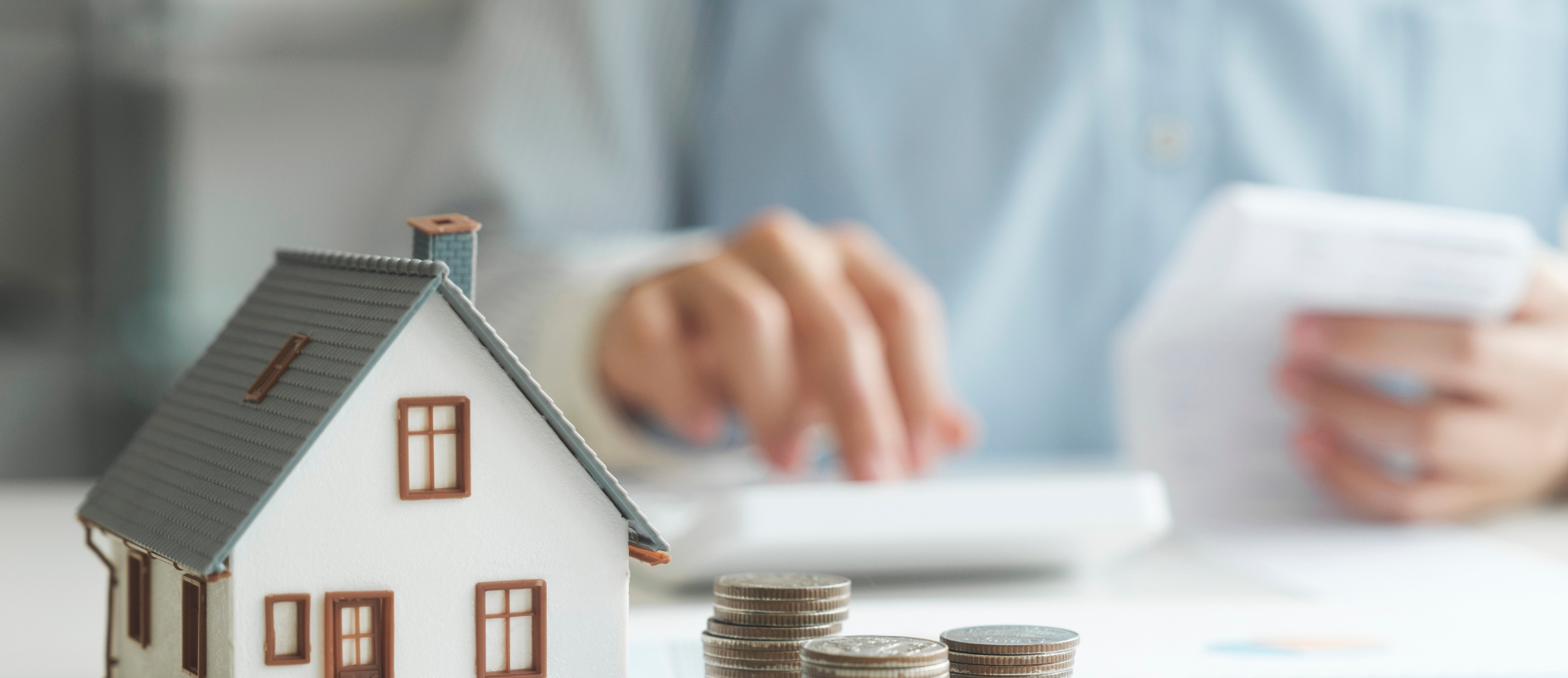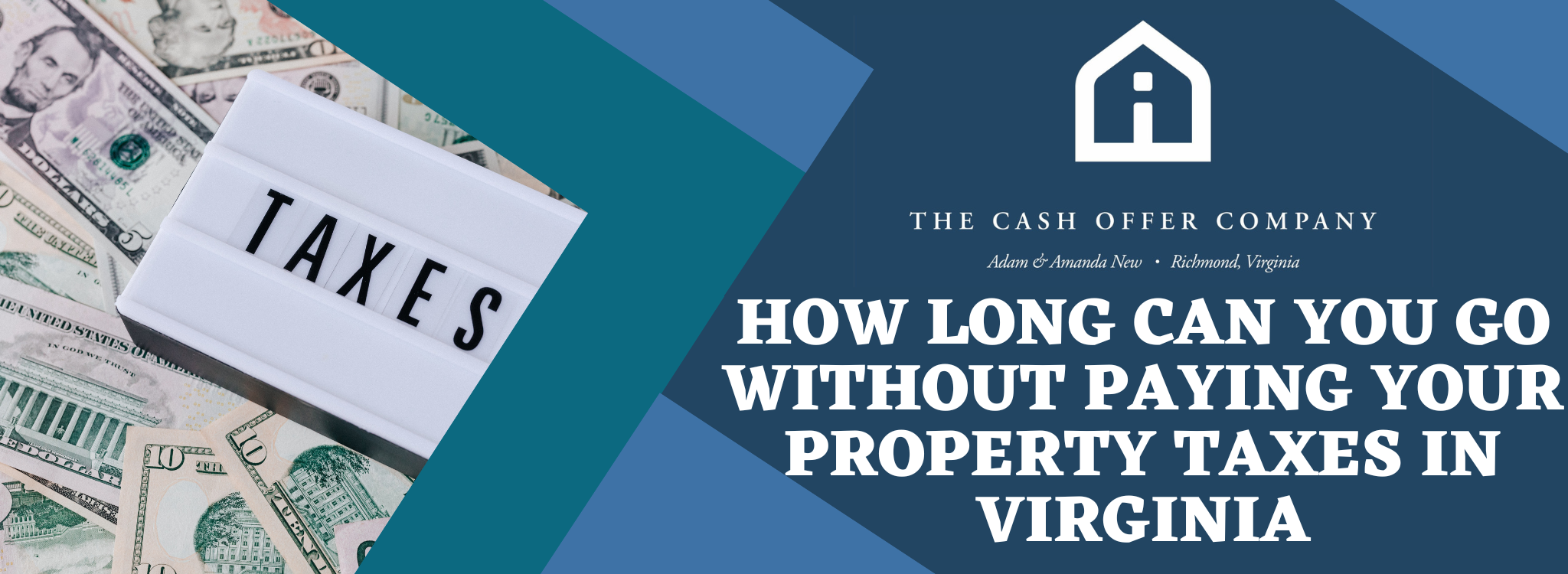
Exploring the Timeline for Unpaid Property Taxes in Virginia

Understanding the timeline for unpaid property taxes in Virginia is important to avoid penalties and keep your home. The Code of Virginia outlines when property taxes are due each year. Knowing these deadlines helps homeowners pay on time.
How Does the Grace Period Work for Property Taxes in Virginia?
Virginia gives you a grace period and extra time to pay your property taxes after the due date without penalties. This can help if you need more time to gather funds. Check with your local tax office because each area might have different rules about how long the grace period lasts.
What Are the Initial Consequences of Missing the Tax Deadline?
If you miss the tax deadline in Virginia, it can lead to problems. Overdue property taxes can result in added penalties and interest. This means you’ll owe more money. You may also receive notices from the tax office. Paying overdue taxes as soon as possible is vital to avoid further issues.
Impact of Unpaid Property Taxes on Homeownership
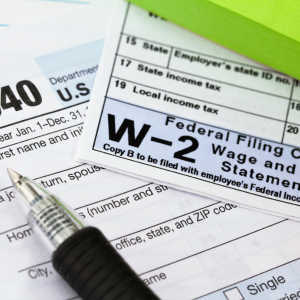
Unpaid property taxes can significantly affect homeownership in Virginia. If you don’t pay your property taxes, it can cause serious problems for your rights as a homeowner. Understanding these effects can help you protect your home and its value.
Can Unpaid Taxes Affect the Ownership Title of Your Home?
Yes, unpaid taxes can impact your home’s ownership title in Virginia. If you don’t pay your taxes for a long time, the state may place a lien on your property. This lien can cause legal issues and threaten your ownership title. Resolving unpaid taxes quickly is crucial to keep your home ownership clear.
How Do Liens Impact Future Sale or Transfer of Property?
Liens from unpaid property taxes can complicate future sales or transfers of your property in Virginia. When a lien is placed, it must be cleared before you can sell or transfer the property. This means you need to settle any unpaid taxes for a smooth transaction. Keeping taxes current makes selling or transferring your property easier.
Financial Implications of Delaying Property Tax Payments
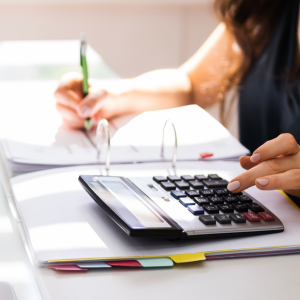
Homeowners need to understand what happens if they delay paying property taxes in Virginia. If they don’t pay on time, they could face big penalties and interest charges, hurting their finances.
What Are the Penalties for Late Property Tax Payments in Virginia?
Penalties will add up quickly if you pay your Virginia property taxes late. According to Virginia laws, these penalties can include a percentage of what you owe. This makes it costly to pay late. Managing your overdue property taxes can become even more complicated if you keep delaying.
How Is Interest Calculated on Overdue Property Taxes?
Another cost for late property taxes in Virginia is interest. The interest rate for Virginia delinquent taxes adds to the financial strain of unpaid taxes. State rules set this rate. To know how this affects you, contact the Virginia Treasurer’s office for more details.
Legal Processes Triggered by Unpaid Taxes
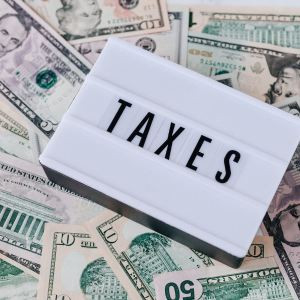
Not paying your property taxes in Virginia can lead to serious legal actions, significantly impacting your property ownership and finances.
What Is the Virginia Tax Lien Process?
The Virginia tax lien process starts if you don’t pay your property taxes. A tax lien certificate is created, and the Virginia county tax offices record it. This lien is like a claim on your property. Check the Virginia property tax laws to learn more about this process and what it means for you.
How Does a Tax Foreclosure Differ from a Tax Lien?
Knowing the difference between a tax foreclosure and a tax lien is key. The Virginia tax foreclosure process begins when the lien isn’t resolved. While a tax lien is just a claim, foreclosure leads to the sale of the property to cover what you owe. If you’re near pre-foreclosure in Virginia, find ways to stop it to keep your home.
For help with property taxes, contact local offices like the Virginia Tax Collector’s Office for advice.
Options for Managing Unpaid Property Taxes
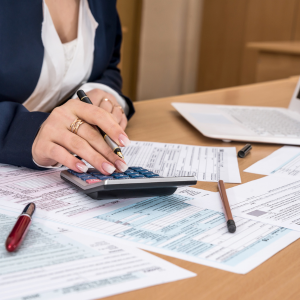
Are There Payment Plans Available for Delinquent Taxes in Virginia?
If you owe property taxes in Virginia, there are ways to help manage your payments. Many county tax offices in Virginia offer repayment plans. These plans let you pay your overdue taxes over time rather than all at once.
To learn about these options, contact your local Virginia treasurer’s office. They can give you details on payment methods and the interest rate on overdue taxes. You can gradually lower your debt and avoid extra charges by paying installments on your tax bill.
How Can Property Tax Exemptions Help Reduce Tax Burden?
Property tax exemptions can lower taxes for homeowners in Virginia. Programs like the homestead exemption and tax relief for seniors or disabled people can also help.
If you think you may qualify, check Virginia’s property tax exemption requirements. You might also appeal your current tax assessment to reduce your bill. Cutting down property taxes this way can bring substantial financial relief.
Strategies to Prevent Property Loss Due to Unpaid Taxes
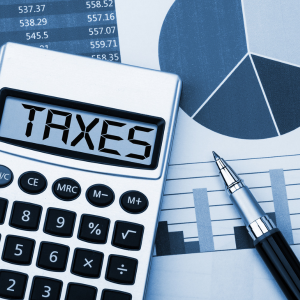
What Steps Can Be Taken to Avoid a Tax Sale?
To avoid losing your property to unpaid taxes, act quickly. Respond to any notices about back taxes right away. A tax attorney in Virginia can help with foreclosure prevention and advise on redeeming property taxes.
You can also set up regular payments to ensure your taxes are paid on time. These steps can help you avoid a tax sale and protect your property.
Is It Possible to Redeem Property After It Has Been Sold?
You might be able to get your property back even after it sells due to unpaid taxes. In Virginia, you can redeem property taxes after a tax auction, but it depends on certain conditions. Knowing the difference between tax deed sales and tax lien sales in Virginia is significant.
Tax delinquency can have profound effects, but a professional knowledgeable about Virginia’s tax laws can help. You might successfully reclaim your property with quick action and the right advice.
The Role of Government in Property Tax Collection
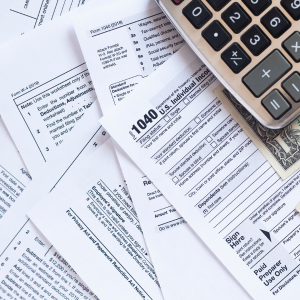
In Virginia, property tax collection is a key job for local governments. It helps fund essential services like schools, roads, and public safety. Each county has a tax office that assesses property values and determines how much owners need to pay. The Virginia Tax Collector’s Office follows state guidelines on property taxes to ensure smooth operation. This way, local governments have the money to support their communities.
Which Virginia Agencies Are Involved in the Collection Process?
Many agencies help with tax administration in Virginia. The tax collector’s office manages the collection of property taxes. The Department of Motor Vehicles also gets involved, especially when taxes are tied to vehicle registrations. The treasurer’s office deals with late payments and ensures people pay on time. These agencies work together to keep the process smooth and ensure everyone is responsible.
How Do Local Governments Use Collected Property Taxes?
Local governments use property tax money to benefit the community. This money supports things like schools, emergency services, and fixing roads. Sometimes, they hold public auctions to sell properties with unpaid taxes. In Virginia, there are programs to help homeowners defer or reduce their property taxes. These efforts ensure that collected taxes improve the community’s quality of life.
Resources and Assistance for Homeowners
Homeowners in Virginia can find help through various programs offering tax relief and support. The Virginia real estate tax relief program helps lower the tax burden for those who qualify, and the Virginia property tax homestead exemption gives additional financial support. Services are available to guide homeowners through applications so they can get the help they need.
Where Can Homeowners Find Help With Property Tax Payments?
Homeowners needing help with tax payments have several options in Virginia. Support services can discuss installment payments to make bills more straightforward to manage. To avoid foreclosure, it’s wise to contact a tax attorney in Virginia for legal advice. Homeowners can also contact local government offices for information about payment methods and assistance programs.
What Support Services Are Available for Low-Income Homeowners?
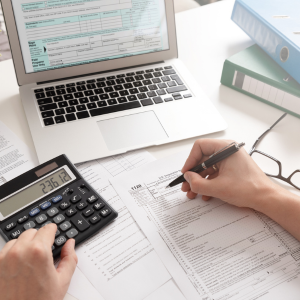
Low-income homeowners in Virginia have support services to help with tax relief and assistance. Programs like the Virginia real estate tax relief and the Virginia property tax homestead exemption reduce property taxes. These programs aim to keep homeownership affordable, even for those with financial hardships. By using these resources, low-income homeowners can better manage their property tax duties.
Understanding the Broader Economic Impact of Property Tax Delinquency
Property tax delinquency can have serious economic consequences, especially in Virginia. When property taxes aren’t paid, the state and local communities suffer. Unpaid taxes mean less money for schools, roads, and emergency services. This can make life harder for everyone living in the community.
The big picture shows that areas needing these taxes for their budgets face challenges. The Cash Offer Company points out that paying taxes on time is vital to keep Virginia’s communities financially healthy. When taxes remain unpaid, it affects everyone.
How Does Property Tax Delinquency Affect Local Communities?
In Virginia, local communities feel the impact directly when property taxes aren’t paid. Unpaid taxes mean there isn’t enough money to maintain public services like fixing roads or funding schools, which can hurt students if schools don’t have the resources they need.
If public spaces and roads are poorly maintained, property values can be lowered, making the area less attractive to new buyers. Real estate tax relief programs aim to help people who struggle to pay taxes and lessen these problems.
What Are the Long-Term Economic Consequences for the State?
Unpaid property taxes can cause long-term economic problems for Virginia. Less tax money forces the state to find other ways to pay for services, which could mean raising other taxes or cutting services. This can create ongoing financial issues, affecting safety and education.
The Virginia tax foreclosure process can be expensive and time-consuming, adding to the state’s financial challenges. Knowing these outcomes is essential for leaders looking to find solutions.
Comparing Virginia’s Property Tax System to Other States
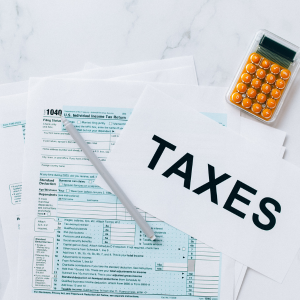
Virginia’s property tax system is different from other states. While every state has its own rules, Virginia follows specific regulations in the Virginia Code on Property Taxes.
Differences in how taxes are assessed and collected can change how states handle unpaid taxes. Leaders can find better practices and improve Virginia’s approach by comparing systems.
In What Ways Does Virginia’s Tax System Differ From Neighboring States?
Virginia’s tax system differs from that of neighboring states in that it assesses taxes and penalizes late payments. These differences can affect how property owners handle their taxes.
Knowing these differences helps residents and businesses decide on property investments. It also highlights areas where Virginia’s system could become more efficient and easier to use.
How Do Other States Handle Property Tax Delinquencies?
Different states have various ways to deal with property tax delinquencies. Some might use a tax foreclosure process or sell tax liens to collect unpaid taxes.
Looking at how other states manage delinquencies can provide ideas for improving the process in Virginia. Learning from successful methods elsewhere can guide Virginia in handling property tax issues better.
FAQs:
What happens if I stop paying property taxes in Virginia?
If you don’t pay your property taxes in Virginia, your property might be sold at a tax lien sale. After a grace period, the county can start foreclosure.
How long can you go without facing penalties for unpaid property taxes in Virginia?
Virginia gives a short grace period before interest starts. Check with your county to know the exact time.
Can I prepay my property taxes in Virginia?
Yes, you can prepay your property taxes in Virginia. Contact your local tax office to arrange this.
What are the consequences of not paying vehicle registration fees in Virginia?
You could face fines and penalties if you don’t pay your vehicle registration fees in Virginia. Your vehicle might become unregistered, so you can’t legally drive it.
How do I appeal a property tax assessment in Virginia?
Contact your local board of equalization in Virginia to appeal a property tax assessment. They will help you through the process.
What should I do if my property’s tax payment is overdue?
Contact your local tax office if your property’s tax payment is late. They may offer a repayment plan to help you avoid more penalties.
Who is responsible for collecting property taxes in Virginia?
Local treasurers or tax collectors in Virginia collect property taxes. They can give you details about your bill and how to pay it.
How can avoiding property taxes affect my credit in Virginia?
Not paying your property taxes in Virginia could harm your credit. A tax lien might be placed on your property, which can appear on your credit report.
Key Insights
- Before you enter into default on your property taxes in Virginia, know the risks of not paying. If you don’t pay, your property might be at risk.
- We offer tips on what to do if you’re having trouble paying your property tax. Virginia law provides ways to prevent foreclosure.
- If you can pay taxes early, consider it. This helps avoid issues like interest on late payments and tax liens.
- Knowing when your payment is due is essential. Virginia property taxes follow a specific billing cycle that includes a grace period.
- If you miss payments, the Virginia Department of Motor Vehicles (DMV) will send you notices about vehicle registration and personal property tax issues.
- The Virginia Board of Equalization handles disputes over tax assessments and offers solutions.
- Understanding the Virginia tax foreclosure process and using law library resources can help avoid tax deed sales and public auctions.
- Visit local county offices, like Loudoun or Fairfax, to access property tax records and dispute resolution resources.
- Paying late taxes in Virginia results in extra fees and interest. Consider a repayment plan or deferring property taxes if needed.
- The Constitution of Virginia outlines property tax duties; knowing your rights helps manage these duties effectively.
These findings apply across Virginia, including areas in and around Chester, Richmond, Petersburg, Virginia Beach, and Woodbridge. If you need further assistance, please get in touch with us at (804) 215-4004. visit our website to learn more about our company.

